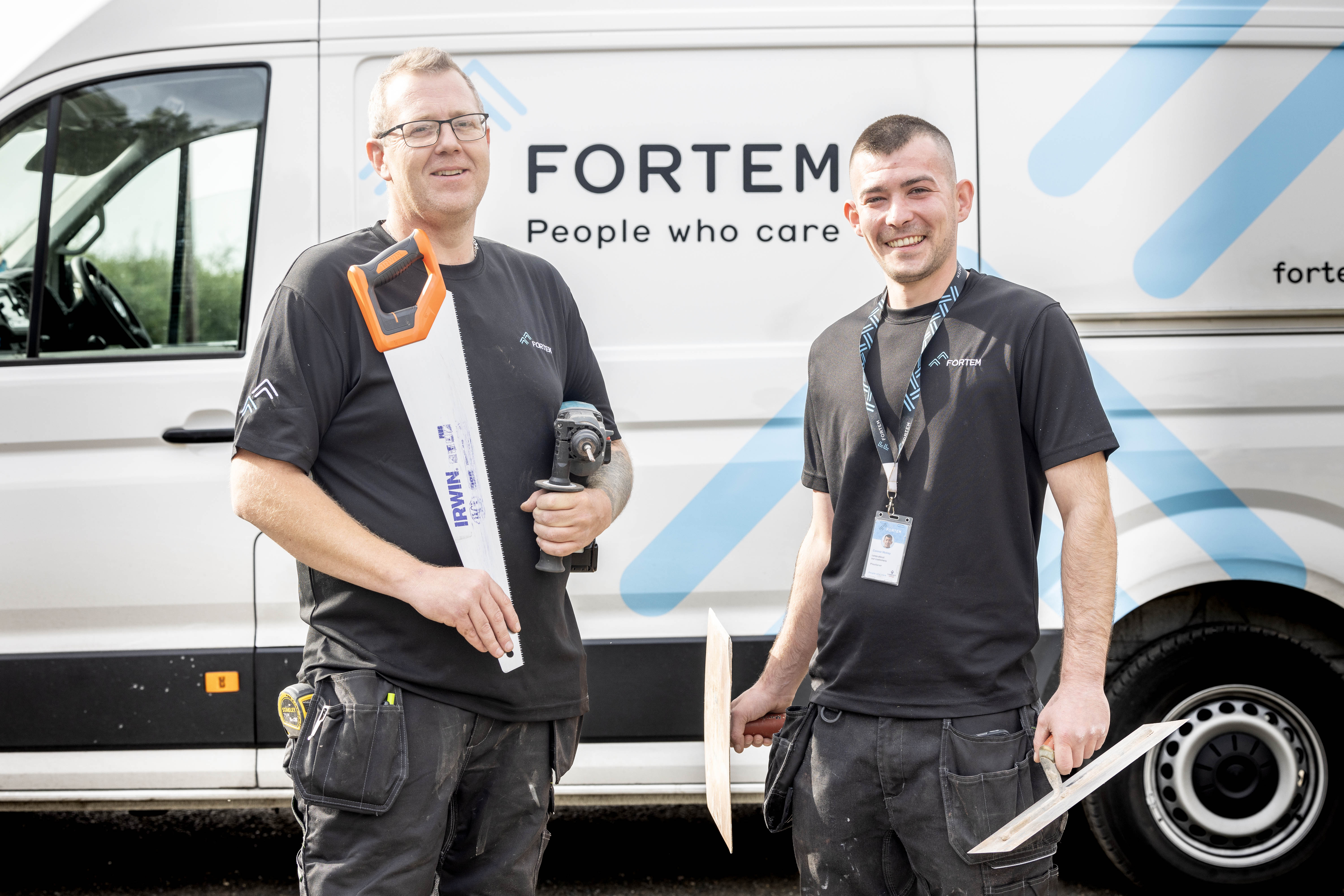Date: 07/02/2024
Energy efficiency improvements in social housing are not just about reducing bills; they represent a critical step towards sustainability and enhancing the quality of life for residents. However, convincing tenants to embrace these changes can be challenging. To foster acceptance and support, we need to rethink our communication strategies and learn from successful behaviour change campaigns.
The Challenge of Social Housing
Social housing in the UK is vast and diverse, comprising 4.2 million homes. The complexity of this housing stock is significant: 40% are flats, and 45% were built before 1965. Many of these buildings were constructed between 1940 and 1970, often with outdated techniques and materials. Consequently, 35% of social homes require substantial energy efficiency upgrades to achieve an EPC rating of C. This represents a massive undertaking in terms of retrofitting and resident engagement.
Understanding Tenant Concerns
Before implementing energy efficiency measures, we often hear concerns from tenants:
- Disruption and stress associated with home modifications.
- Concerns and doubts over the actual cost savings.
- Desire for autonomy over their living conditions.
- Previous negative experiences with maintenance and repairs.
- Fears about potential issues like dampness from poor installation.
- Doubts about the financial benefits versus the perceived hassle.
To transition tenants from dissenters to promoters, we must address these concerns effectively. To achieve this, we use the EAST model.
Make It Easy: Removing Friction from the Process
Simplifying the process is crucial. Here are some strategies:
- Reduce Resident Interfaces: Minimise the number of people tenants need to interact with. A single point of contact will streamline communication and reduce confusion.
- Provide Helping Hands: Help with preparations for the retrofit process. This could include moving furniture or, if agreed, temporarily relocating residents.
- Be Flexible: Accommodate tenant schedules to ensure that the work is done at convenient times, for example avoiding the school run.
- Avoid Overwhelming Tenants: Draft a communications plan that supports staged communications to avoid information overload. Make the information clear, concise information at each step of the process. If possible, check the information with a tenant Board before it is circulated.
By making the process as straightforward and stress-free as possible, we can alleviate many of the concerns tenants may have.
Make It Attractive: Connecting to Personal Values
Statistics and technical jargon can often leave people cold. Instead, we need to:
- Link Benefits to Personal Values: Highlight how energy efficiency improvements can positively impact their lives, such as providing a more comfortable home environment, improving health, and reduce bills.
- Show and Tell: Use real-life examples and testimonials from tenants who have benefited from similar improvements.
- Make It Real: Demonstrate the tangible benefits through interactive workshop sessions or by demonstrating the carbon and financial savings.
Make It Social: Harnessing the power of Word of Mouth
People are more likely to adopt changes that are endorsed by their fellow residents:
- Case studies: Showcase success stories and endorsements from within the community.
- Popular Trends: Position energy efficiency as an exciting trend, creating a sense of social momentum.
- Bandwagon Effect: Leverage the fear of missing out (FOMO) by highlighting the growing number of tenants who are already enjoying the benefits of these improvements.
Make It Timely: Capitalising on Key Moments
Timing can significantly influence acceptance:
- Fresh Start Effect: People are more open to change at the beginning of new time periods, such as the start of a year, month, or personal milestones like moving into a new home.
- Planned Campaigns: Design campaigns around these periods to maximise engagement.
- Create New Opportunities: Introduce energy efficiency improvements as part of broader community events or initiatives, framing them as part of a wider community improvement scheme.
A Collective Responsibility
Energy efficiency is not just a personal benefit but a collective necessity. Each decision we make contributes to the global challenge of climate change. By choosing differently and altering how we live, we can all be part of the solution rather than the problem.
Implementing change in real life
In partnership with Hull City Council (Hull CC), we have successfully implemented a fabric-first retrofit programme across over 3,000 properties in Hull, achieving 100% satisfaction and a remarkably low 2% work refusal rate.
Central to this success has been our comprehensive communication strategy with tenants. Our Customer Liaison Officers (CLOs) fostered trust and confidence through active listening, home visits, and pre-entry surveys to gather resident information, thoroughly explain the works, and offer continuous support. Additionally, we engaged residents who had completed work as champions to promote the benefits and reassure their neighbours.
Our commitment to customer-centric practices extends beyond standard industry norms, significantly enhancing resident satisfaction. Advanced training for our four dedicated liaison officers, including a bespoke course with TPAS, empowered them to communicate effectively with residents and design personalised care plans.
We designed extensive communication methods, including community roadshows, literature, animations, and a bespoke resident web portal, to keep residents informed and engaged. Open Access Meetings brought together all stakeholders for collaborative discussions, while BISRA ‘Soft Landings’ principles ensured long-term support and aftercare.
Conclusion
Convincing tenants to embrace energy efficiency improvements requires an integrated approach. By making the process Easy, Attractive, Social, and Timely, we can address their concerns and support them to become active participants in this essential journey. As we move forward, we must remember that every small change contributes to a larger, positive impact on the communities that we service and the planet. Together, we can make a significant difference.
Find out more about who we are: https://www.fortem.co.uk/who-we-are

